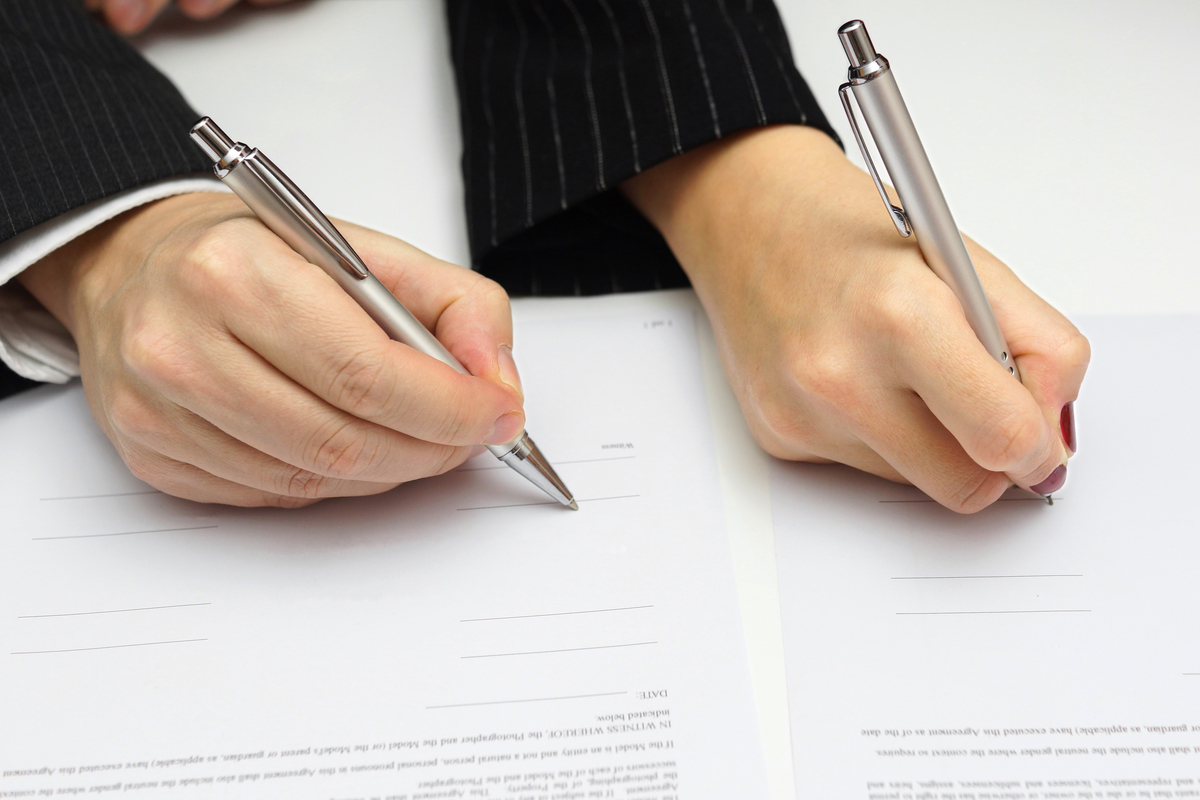Throughout the country, views on marijuana have continued to change. Cannabis has been hailed for its medical benefits for the last 5,000 years. In the early 1900s, marijuana could be found in many household medicines.
However, by the 1930s, nearly every state had passed laws restricting or prohibiting the use of cannabis. The Federal Bureau of Narcotics even campaigned for its criminalization. Over the next few decades, marijuana was systematically demonized, eventually being scheduled as a Schedule I drug with the Controlled Substances Act in 1970.
The anti-drug movement stayed strong through the 1980s and 1990s. With the “Just Say No” campaign, the D.A.R.E program, and many advertisements aimed at the “gateway” drug, public opinion remained firmly against marijuana.
After millions of dollars spent and millions of arrests later, marijuana may finally be given its medical credit back.
What is Louisiana’s New Medical Marijuana Law?
At the first of the year, Louisiana welcomed a new medical marijuana law. Proposed by Houma Rep. Tanner Magee, ACT 424/HB 391 was signed into law by Governor John Bel Edwards in June of 2020. The new bill expands marijuana use by:
- Allowing raw, smokable marijuana available by prescription at medical dispensaries
Before the new law, medical marijuana use had been limited to topical applications, inhalers, edible gummies, and liquids. The forms are widely known for their expense. According to a W.A.F.B. article, patients and family members have attested to “spending more than a house note.”
The smokeable form, or marijuana flower, is expected to be more cost-friendly to patients combatting pain and other ailments.
Currently, marijuana is only permitted to be grown by two agricultural centers at Southern University and Louisiana State University. While there is a push to allow more growers, the change has not garnered enough support.
How Has Public Opinion Towards Marijuana Use Changed in Recent Years?
The new law in Louisiana reflects how the views of marijuana have changed rapidly over the last two decades. Public opinion has shifted from the “Just Say No” days in the 1980s to the overwhelming majority of Americans supporting the complete legalization of marijuana.
According to a new survey by the Pew Research Center:
- 91% of U.S. adults believe marijuana should be legal
- 60% think cannabis should be allowed for medical and recreational use
- 31% support medical marijuana use only
- Fewer than 8% do not believe marijuana should be legalized in any capacity
Since 2015, the views and laws on marijuana have relaxed. Governor Bobby Jindal signed HB 149 into law, allowing a dispensary system for medical marijuana to be developed in Louisiana. The bill was strict, prohibiting smokable forms of the plant and limiting prescriptions to only a few medical conditions.
In addition, the governor signed SB143, significantly reducing the penalties for marijuana possession. As public opinion has progressed, qualifying ailments for medical marijuana have expanded and penalties have eased.
How Does Marijuana Use Benefit Patients?
Marijuana has a long history of treating medical conditions. Dating back 5,000 years, cannabis was used medicinally up until the 1930s. A recent study, Medicinal Cannabis: History, Pharmacology, And Implications for the Acute Care Setting, describes the change in attitude toward marijuana that may have resulted from the opioid epidemic.
Despite being classified as a Schedule I drug, marijuana’s benefits have begun to outshine past fears. Medical marijuana can treat a wide variety of ailments, including:
- Pain
- Seizures
- Appetite loss
- Cancer
- Nausea
- Crohn’s disease
- Muscle spasms
- HIV/AIDS or Multiple Sclerosis (M.S.)
- Eating disorders such as anorexia
- Epilepsy
- Glaucoma
- Mental health conditions, including schizophrenia and posttraumatic stress disorder (P.T.S.D.)
- Alzheimer’s disease
- Wasting syndrome (cachexia)
While current research is limited, the medicinal benefits of marijuana date back thousands of years. Cannabis can treat by:
- Reducing anxiety
- Killing cancer cells or slowing the growth of tumors
- Controlling vomiting caused by cancer treatments
- Controlling nausea
- Reducing seizures
- Stimulate appetite
- Relieve pain and inflammation
- Help relax muscles, especially in people suffering from M.S.
For those suffering from any of the above medical conditions or symptoms, medical marijuana can help.
What Are Louisiana’s Possession Laws?
Possession laws and penalties have been a source of contention across the country for decades. Many believe strict anti-drug policies are discriminatory, disproportionally affecting some races more than others.
According to a recent article:
- There are more than 40,000 people serving time for marijuana offenses
- There are over 70 million Americans with criminal records for marijuana offenses
However, as of August 1, 2021, the possession of a small amount of marijuana was decriminalized. Governor John Bell Edwards signed HB 652 into law, effectively eliminating jail time for a first offense. Under HB 652:
- Possession of 14 grams of marijuana or less will receive a $100 fine for a first offense
- 2nd offense will result in 6 months of jail time and a $1,000 fine
- 3rd offense may result in 2 years imprisonment and a $2,500 fine
- 4th offense will result in an 8-year sentence and a fine of $5,000
- Possession of more than 14 grams of marijuana can lead to 6 months in jail and a $500 fine
- Marijuana possession of 2.5-59 pounds is a felony and can result in 2-10 years in prison and a $30,000 fine
New Orleans has taken it a step further. City Council President Helena Moreno sponsored the new ordinance, which allows law enforcement to write a ticket for the possession of marijuana.
In addition, a separate ordinance retroactively pardons any previous offenders if they were convicted of simple marijuana possession after 2010. It is estimated that 10,000 cases will be affected by the new rule.
What Will Louisiana Possession Charges Look Like in the Future?
Due to the racial disparities of marijuana possession charges, Louisiana is rectifying grievances by making marijuana possession less punitive. In the past, possession of cannabis could land offenders in prison for years. Now, medical marijuana is legal with expanded access for patients.
Recreational marijuana is still illegal. However, most Louisiana officials believe full marijuana legalization is inevitable. If you or a loved one have been charged with possession of marijuana, the New Orleans drug crimes lawyers of Stephenson, Chávarri & Dawson, L.L.C. are here to defend your rights.






